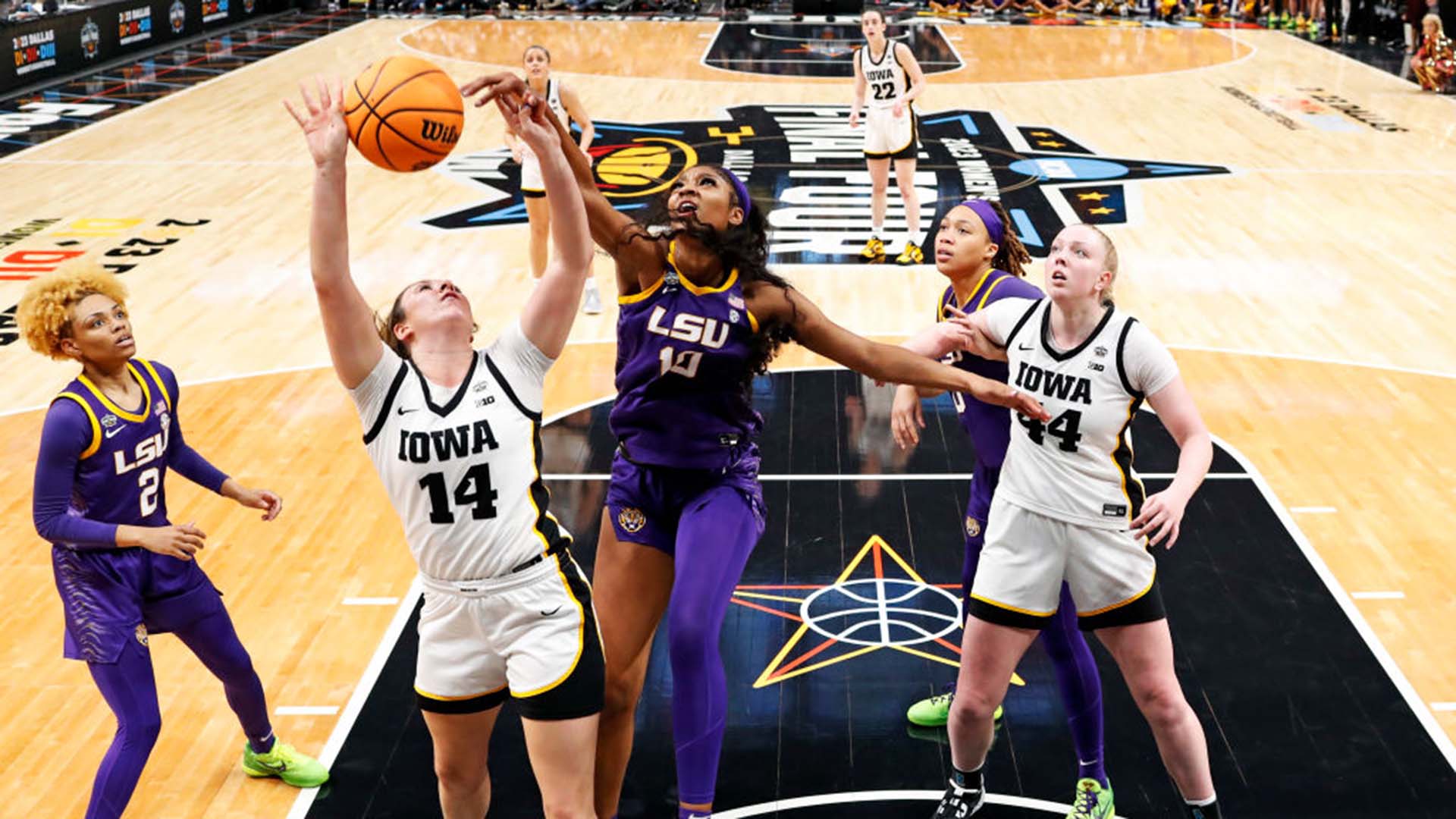Will the Rockies make the playoffs?
Psychologist Travis Heath dishes on young rosters, avoiding slumps and whether the team can make a second-half run.

When the Rockies scorched through April, May and the first half of June, the playoffs seemed almost inevitable. But a pre-All-Star Game slump left fans feeling anxious. The team has been up and down since the break, but with the dog days of August approaching and an unusually young roster, can the Rockies maintain their success?
Travis Heath, associate professor of psychology at MSU Denver, fields questions on slumps, the unique challenges faced by young teams and whether the Rockies can end an eight-year playoff drought.
Why do teams go through slumps?
I think the primary reason is the inability to maintain focus over the course of a 162-game season. But momentum also plays a role. I’m not sure how to quantify what momentum is, but it does seem like it’s a psychological phenomenon. In other words, when things are going well, it’s almost contagious – not literally, but the positivity spreads to every aspect of a player’s game.
I’ve never seen a study on this, but I suspect that when things are going well, players even react a split-second faster. Then when things start not going well, if you look at how people hold their bodies, their physical being changes, and I would guess that they become a step slower. It is mental for sure, but I think that slumps are more than just mental. It translates into how people are actually moving on the field.

Are young teams particularly vulnerable to this type of thing?
Yes, absolutely. Put it in this context: When you start a new job, you don’t even know the little things, like where the coffee machine is. It takes you longer to do everything. In professional sports, when you’re a young player, you don’t have a routine yet. If you’re lucky, maybe you have a mentor and you can kind of practice their routine. You see what they do and adopt it, but inevitably that’s not going to work perfectly for you. Routines bring comfort, so you don’t know where to find comfort professionally yet. That gradually lends itself to a slump or losing focus.
I also think that when you’re a young player, at least at the professional level, you haven’t yet got out of slumps. If you’re a veteran player, you know you’ll come out of it. If you’re a young player, you’d like to think you’ll come out of it, but you don’t yet have the body of work that shows you will.
Do you feel that baseball players are more susceptible to streaks?
Baseball is unusual in that you fail a lot. If a hitter is successful 30 percent of the time, they might have a decent shot at the Hall of Fame. But that’s a 70-percent failure rate. In other sports, I think you’re just successful more frequently. Can you imagine a starting quarterback with a 30-percent completion rate? They wouldn’t be in the league long. In baseball, you fail so often, it’s inevitable that it will get in your head.

Does the pressure of rising expectations play a role?
Sure. And with a long season, there’s so much time for expectations to change. Think about the Rockies, who were on a tear through the end of June. They were something like 21 games over .500. And if you remember, a lot of the national outlets weren’t really high on them at first. And then the tone shifted, and everyone was talking about the team. Right about that time, they started to struggle. I doubt that’s a coincidence.
What can a young player do to guard against the ups and downs?
I don’t think you can guard against it. What you have to do is accept it will happen. If you prepare for that ahead of time and understand that it’s part of the deal, all of a sudden that’s not such a scary thing. Of course, you don’t want to go too far, either. You don’t want to think about it so much you talk yourself into a slump. It’s like the old line from Public Enemy: “Don’t let a win get to your head or a loss to your heart.” That pretty much summarizes the approach I would take with a young player.
The other thing I would do is focus on process and not just performance. You could go 0-for-4 and hit three line drives and then a rocket-shot ground ball down the third-base line where the dude dives and throws you out. Another guy could go 3-for-4 on bloop hits. So, focus on the process. Did you have a good at-bat? Did you fundamentally do everything you wanted to do, and if you did but still didn’t get a hit, that’s a success.
What about superstitions? Do you think those can be a mental benefit for a player or team?
If there’s a certain comfort level to it or it puts you in a positive mindset, then yeah, of course, that’s a benefit. But you have to be careful not to say that the superstition is actually causing success. It’s not causing it; it’s just putting the player in a mental state where they feel more comfortable.
What advice would you give coaches on managing the mental health of young players down the stretch of a long season?
That’s a great question. I guess the place to start is to say not all players are the same. That sounds simple, but it’s not, because a lot of coaches are like, “This is the one way I coach.” OK, fine, but players respond differently to that. Some of that has to do with baseline physiologic arousal. For a person that has a high baseline level of arousal, a coach raising their voice pushes them over the threshold. What they usually do then is shut down. In the macho world of sports, it’s not like they cry, but internally they shut down. Then they’re not listening, and you’ve wasted your time. Whereas some other person may have a low baseline of arousal and you sort of have to get on them just to get them in gear.
So, know your players. I don’t know (Rockies manager) Bud Black personally, but from everything I hear about him, it seems like he has a good feel for what I’m describing here.
In general, I’m impressed by what baseball is already doing. I don’t know what they are calling it, but there’s a disabled list for mental health now. Quite a few guys have gone on it, mostly for anxiety-related issues. There’s probably still some stigma attached to it, but I think in five or 10 years it will be just a part of how baseball operates. So, baseball is ahead of the curve there because, like we’ve been talking about, it’s such a mental game.
Do you think the Rockies will make the playoffs this year?
I do. The Rockies still have a pretty good lead. They just picked up another arm for the bullpen, a veteran to mentor the younger pitchers. So, that’s good. With the second wild card, I think they’ve got a good chance. But I’m also a big Rockies fan, so I may be seeing the world through purple-colored glasses.







